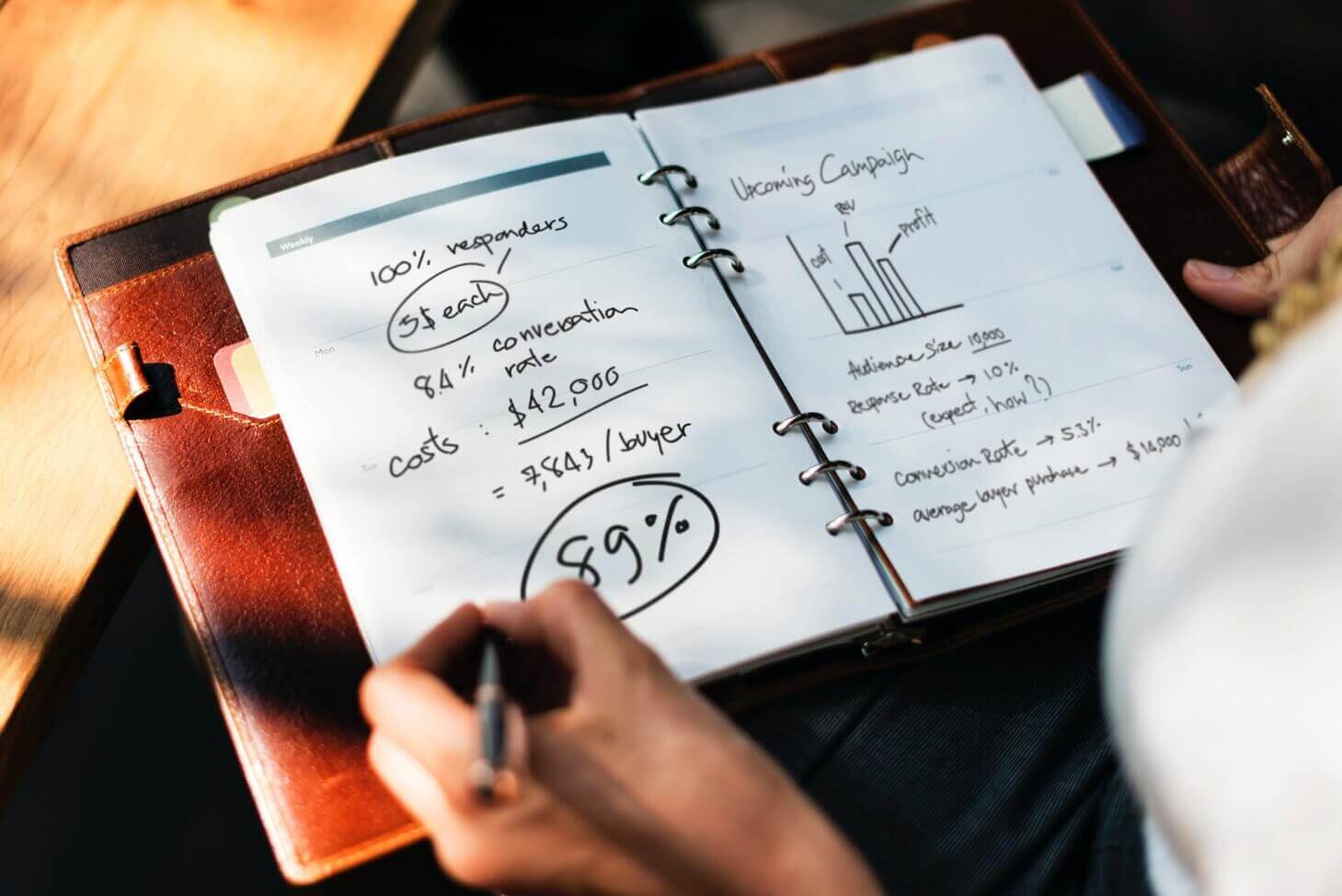Tax year planning: How to prepare tax information for your accountant
Now that the 2017/18 tax year has come to an end, it’s time to think about how to prepare for next year’s deadline. One of the best ways to streamline your end of year tax, is by gathering the right information for your accountant early on. This will help your accountant fill out your tax return efficiently and comprehensively, and it will also help you to avoid any costly fines.
Read on to discover how to prepare tax information for your accountant for a smooth and painless end of year tax process.
How do you prepare for taxes?
If you own a business or you’re self-employed, you’ll need to prepare a range of documents for your tax return. Your tax return gives HMRC a picture of how much you’ve earned over the tax year so that you can be charged the correct amount of tax. With a dedicated tax accountant this process is a whole lot easier, however, you’ll need to make sure you provide your accountant with the right documents so that they can fill out your tax return accurately.
Over 3m businesses are using their Business Tax Account to make payments, submit returns, check deadlines. Sign into yours today https://t.co/6apBdguPtJ pic.twitter.com/p4uZ9dMLtJ
— HM Revenue & Customs (@HMRCgovuk) 21 February 2018
What to bring to your accountant for tax preparation
There are a number of documents that you’ll need to present to your accountant in order for them to fill out your tax return properly. Below, are the main records that you’ll need.
Rental income
If you own property, you’ll need to provide your accountant with details of your property management expenses, as well as your mortgage interest so that they can calculate your rental income.
P60 or P45
If you’ve earnt extra income from employment aside from your business, you’ll need to declare this to HMRC. Keep hold of your P60 or P45 from your employer and give this to your accountant when it’s time to file your return.
P11d
If you’ve filled out a P11d in the last tax year, you’ll also need to give this to your accountant. This will ensure that your tax calculation is correct and save you getting into problems with HMRC.
Private tax payments
You can get tax relief on private pension contributions, so it’s important to give your accountant details of any of these types of payments in order to potentially reduce your tax bill.

Additional income received during the tax year
You’ll need to declare all income received during the year when filling out your tax return. Mistakes or omissions will be penalised by HMRC, so it’s important to get it right first time. Make sure you have all the documents above ready well before the tax return deadline, and if you have any questions or queries, always run them by your accountant to avoid any costly mishaps in the future.
Contact us
Need help with your taxes? Look no further. Here at Alexander and Co, we have over 40 years of experience in areas such as tax, accountancy and corporate finance. We’ll provide you with our expertise to help reach the best tax solution for you.
Contact us via our online contact form or give us a call on 0181 832 4841 to learn more about our services.




